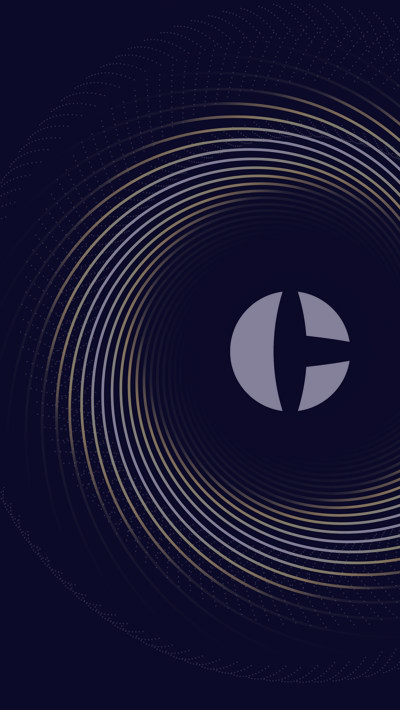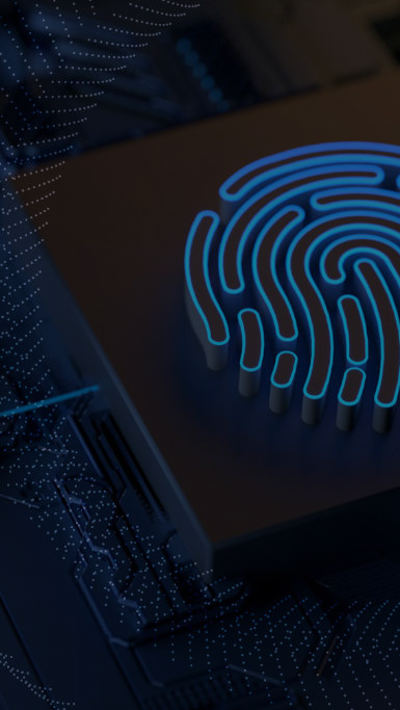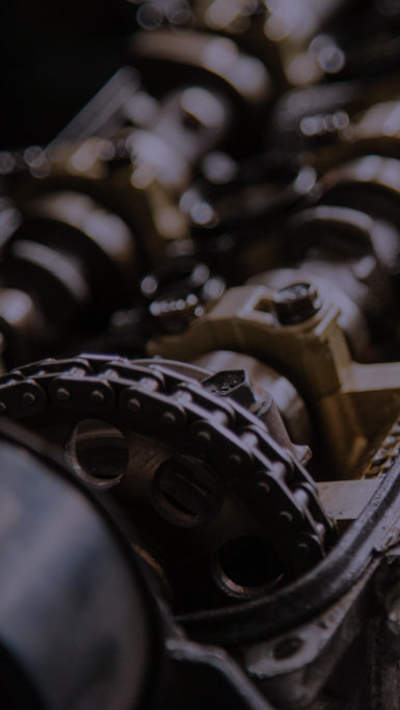Speak to our experts
Contents
Advances in Artificial Intelligence (AI) are beginning to see the creation of new works of design and technology without meaningful human involvement. Such advances raise questions about the place of AI in intellectual property frameworks.
An answer came on Friday, in Thaler v Commissioner of Patents [2023] NZHC 554, when the High Court of New Zealand ruled that an AI cannot be an “inventor” under the Patents Act 2013.
The decision
The issue in Thaler was whether the Commissioner of Patents had been correct to reject a patent application by Dr Stephen Thaler naming an AI, “Device for the Autonomous Bootstrapping of Unified Sentience” (DABUS), as the inventor of a new type of interlocking food container.
The Court recognised that, in contrast to the definition of an “applicant”, the definition of “inventor” in s 5(1) of the Patents Act 2013 (“the actual deviser of the invention”) did not expressly require the inventor to be a person. So, the Court accepted that “inventor” was broad enough to include an AI that came up with an invention.
However, the Court held that the term “inventor” was limited to natural persons, observing that this limitation was present in the Patents Act 1953 (superseded by the 2013 Act) and that nothing in the legislative history of the 2013 Act indicated that Parliament intended to change this.
Accordingly, the Court ruled that it would not be appropriate “to effectively expand the definition of inventor through statutory interpretation” and that it was a matter that should be left to the legislature.
Chapman Tripp Patents view
The Court’s decision is not persuasive given that the Court recognised that references to “person” and “him” had been removed from the definition of “inventor” in the 2013 Act and so the definition of “inventor” was broad enough to encompass an AI.
The Court’s reasoning rested on there being nothing in the legislative history that indicated Parliament wanted to open up the concept of “inventor” as it existed under the 1953 Act. However, there was equally nothing in the legislative history that indicated that Parliament wanted to restrict the concept of “inventor” to a person.
Given s 11 of the Legislation Act 2019 provides that legislation applies to circumstances as they arise, just because Parliament might not have contemplated an AI inventing something in 2013 does not mean that, with the significant advances in AI over the last decade, an AI cannot be an “inventor” if it was “the actual deviser of the invention”.
The Court left open the questions of whether Dr Stephen Thaler, developer of DABUS, could:
- have been named as the inventor, or
- derive title to the invention from DABUS.
But both propositions are highly doubtful. Accordingly, the effect of the decision is that AI-generated inventions are unpatentable under the current law.
Regardless of whether the Court’s decision is appealed, the decision highlights how AI is pushing the boundaries of existing intellectual property frameworks not just in creating or registering IP rights but also when it comes to the validity and infringement of those rights.
On the ownership side, as we have noted earlier, IP Offices and Courts around the world have largely decided that an AI cannot be an “inventor” for a patent.1 Similarly, when it comes to copyright, the US Copyright Office has ruled an AI cannot be an “author” of AI-generated works with the person who has caused the AI to create the work to be considered the “author”.
At the same time, AI also impacts when IP protection is granted. Already we have seen IP Offices ruling that technical effects caused by the incorporation of AI may be discounted as it is now obvious to use AI. Further, when the patented invention relies on AI, issues arise around how much detail is required to provide a clear and complete description.
And finally, there is the issue of AI infringing IP rights. There have already been cases against AI platforms for copyright infringement, like Getty Images’ suit against Stability AI for the alleged improper use of Getty Images’ photographs in training the AI platform.
1. South Africa, for now, remains the only country to have granted a patent for DABUS’s invention – South African Patent No. 2021/03242. But the South African courts have not considered whether DABUS can be an “inventor” under the South African Patents Act No. 57 of 1978.











